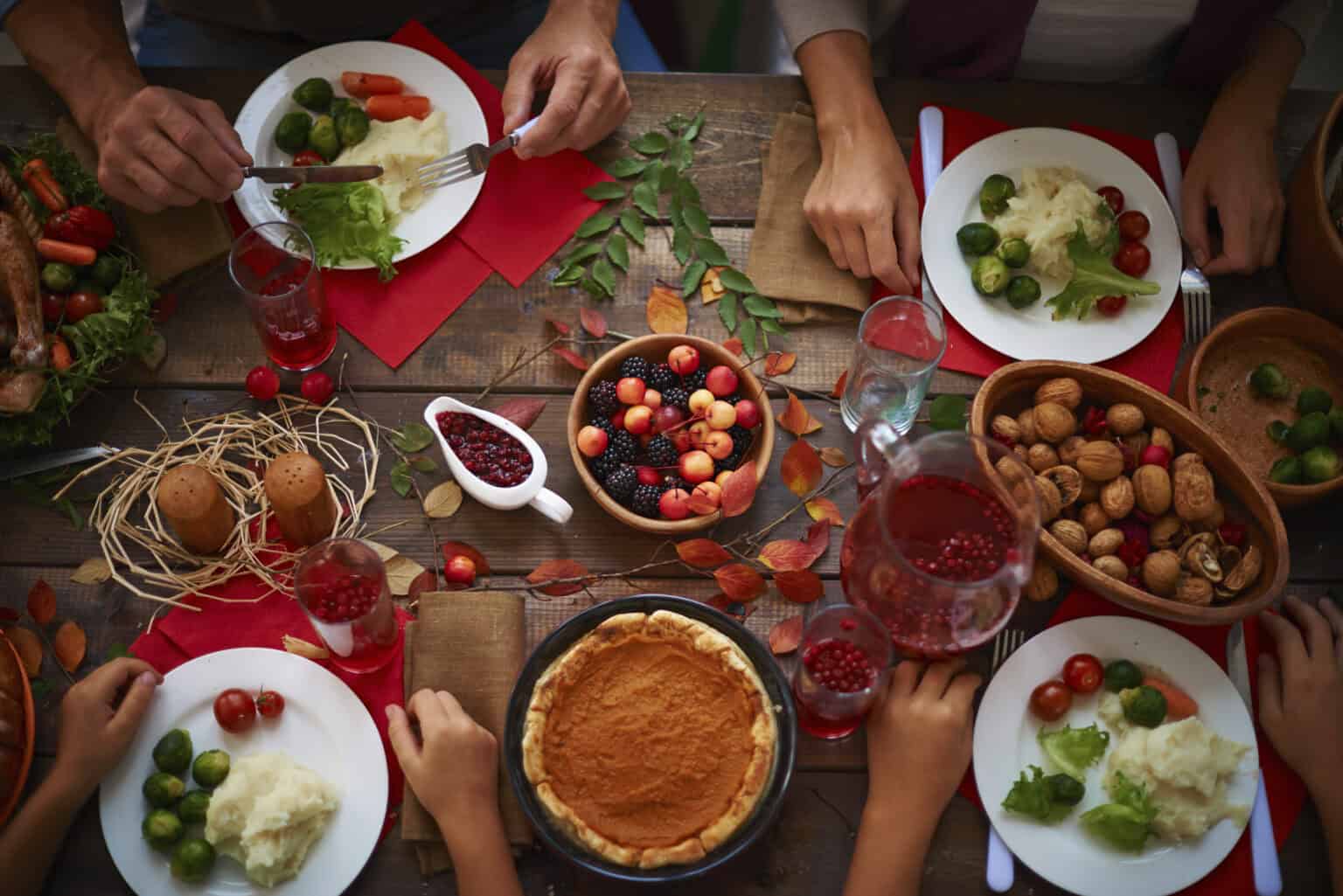Pancreatitis in Pets: An Unfortunate Problem During the Holidays
 Pass the turkey! Pass the gravy! Pass the pie! There’s no doubt that Thanksgiving is the time for food, family, and a few post-turkey naps on the couch. However, did you know it’s also the busiest day for veterinary emergencies due to pancreatitis in pets?
Pass the turkey! Pass the gravy! Pass the pie! There’s no doubt that Thanksgiving is the time for food, family, and a few post-turkey naps on the couch. However, did you know it’s also the busiest day for veterinary emergencies due to pancreatitis in pets?
BEEVET Animal Hospital wants to stress the importance of having a pet-safe Thanksgiving. Keep reading to learn more about this common illness and what you can do to prevent it.
A Primer on Pancreatitis in Pets
The pancreas is an organ located near the stomach and small intestine. It’s responsible for producing insulin and digestive enzymes. Acute pancreatitis occurs when this important glandular organ becomes inflamed.
Although there’s no one discernible cause for pancreatitis in pets, it does coincide with some of these risk factors:
- Obesity
- Diet of fatty foods or a sudden fatty meal given in one sitting
- Abdominal/thoracic trauma
- Certain medications (potassium bromide, cancer drugs, antibiotics, etc.)
- Diabetes mellitus
- Cushing’s disease
- Hypothyroidism
- Previous episode of pancreatitis (can develop into chronic pancreatitis)
Symptoms of pancreatitis can range from mild to life-threatening. Typically, they include:
- Repeated vomiting with or without diarrhea
- Loss of appetite
- Hunched posture
- Pain when abdomen or sides are touched
- Abdominal bloating or distension
- Lethargy
- Dehydration
- Fever
Because the inflammation can spread to other vital organs, it’s important to take these signs seriously and have your pet examined by your veterinarian or a nearby emergency veterinary clinic.
Once a diagnosis is made, pancreatitis is treated using supportive therapies, such as IV fluid therapy, anti-vomiting medications, and pain relief. Depending on the severity of the episode, some pets may require medical monitoring for 48 hours or more. They may also require nutritional supports and treatment for secondary problems caused by pancreatitis.
In the best case scenario, a pet will only experience mild to moderate symptoms, but some pets develop severe bouts or become vulnerable to chronic episodes.
A Safer Thanksgiving for Your Pet
The good news is that you can still include your family member pet in the holiday fun. To make the most of this special season for your four-legged, here are some tips for his or her inclusion:
- Set aside the morning of Thanksgiving to go for a walk or hike with loved ones and pets.
- During meal prep, eating, and clean-up, consider crating your pet or putting him or her in a secure room with favorite toys, a few treats, and water bowl.
- Ask guests to refrain from giving your pet any scraps or leftovers (even if begging is involved). Promptly clean up spills, and don’t leave any plates/glasses on coffee tables or other low surfaces.
- Share some healthier foods with your pet in small amounts. Good choices include steamed, unseasoned green beans, baby carrots, sweet potato, or pumpkin. Also consider a small amount of skinless, boneless, cooked turkey meat.
- Be aware of toxic foods that could make your pet very sick, including chocolate, Xylitol, grapes, raisins, macadamia nuts, garlic, and onions.
We hope you find these suggestions helpful. From all of us at BEEVET, we wish you and yours a Happy Thanksgiving!
